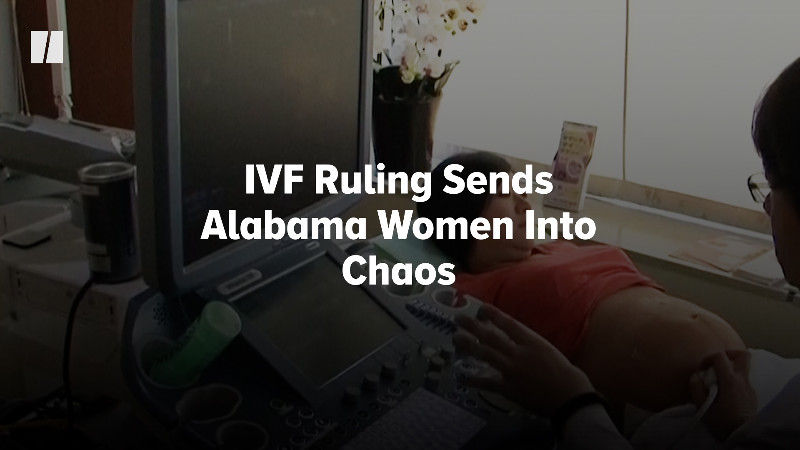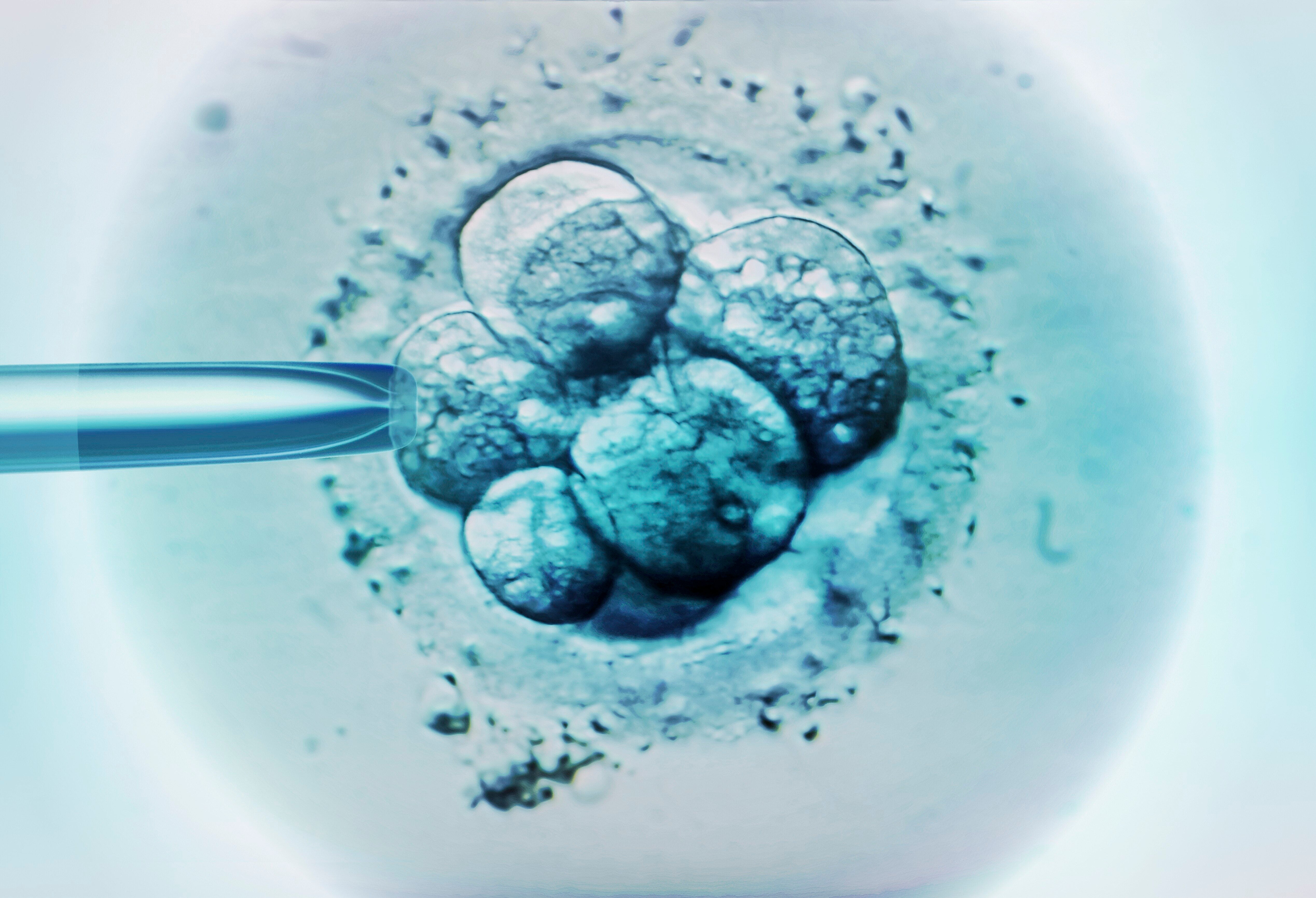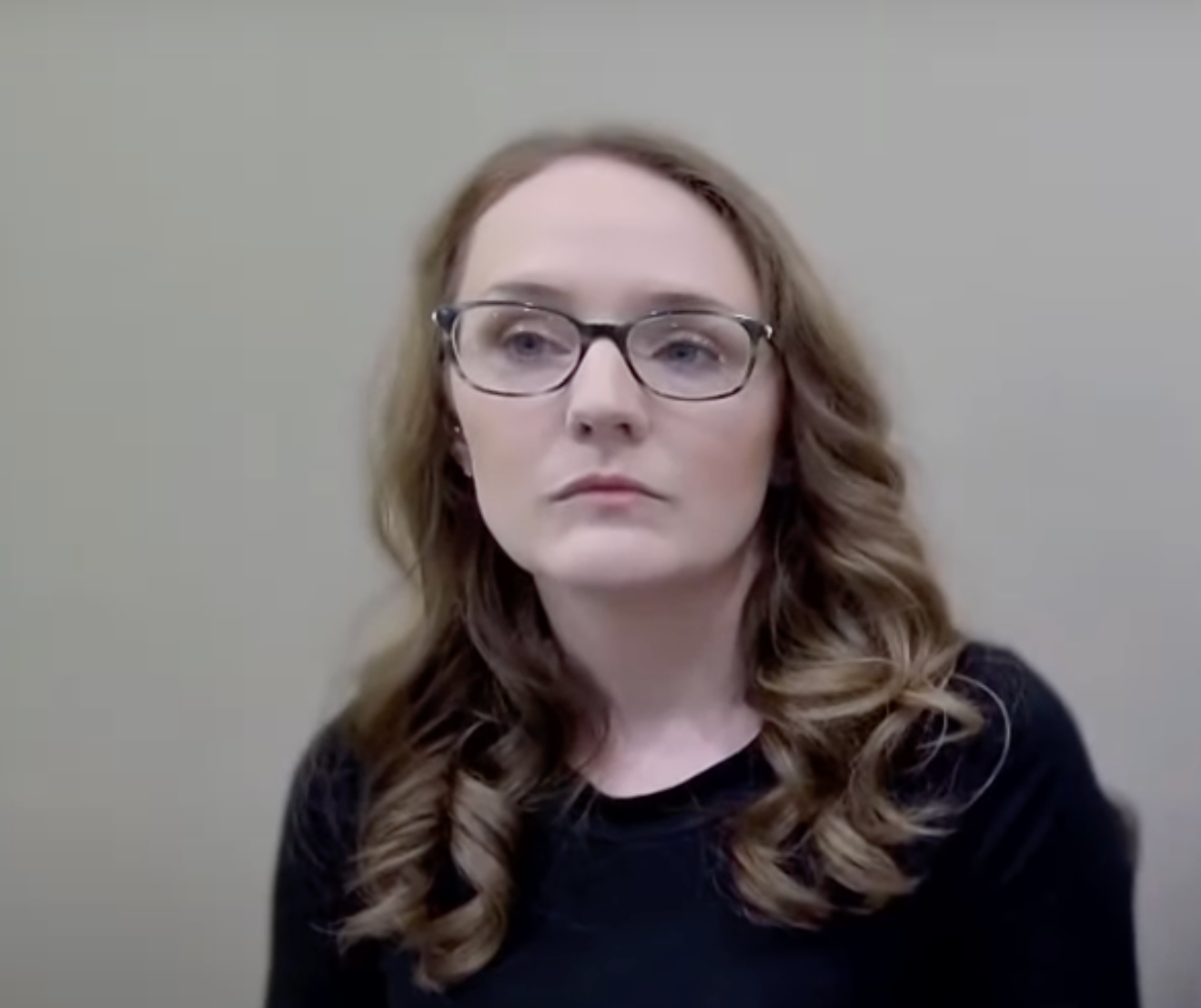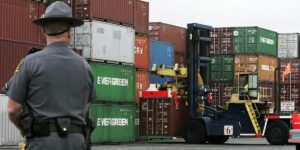Australian Woman Unknowingly Gives Birth To Stranger’s Baby After IVF Error
Monash IVF, one of Australiaâs biggest IVF providers, called it a âhuman error.â

WELLINGTON, New Zealand (AP) — A woman in Australia unknowingly gave birth to a stranger’s baby after she received another patient’s embryo from her in vitro fertilization clinic due to “human error,” the clinic said.
The mix-up was discovered in February when the clinic in the city of Brisbane found that the birth parents had one too many embryos in storage, said the provider, Monash IVF, in a statement supplied Friday. Staff discovered an embryo from another patient had been mistakenly thawed and transferred to the birth mother, a spokesperson said.
Australia news outlets reported the baby was born in 2024. Monash IVF didn’t confirm how old the child was.
The company, one of Australia’s biggest IVF providers, said an initial investigation had not uncovered any other such errors. Its statement didn’t identify the patients involved or divulge details about the child’s custody.
“All of us at Monash IVF are devastated and we apologise to everyone involved,” said CEO Michael Knaap. “We will continue to support the patients through this extremely distressing time.”
The “human error” was made “despite strict laboratory safety protocols being in place,” the statement said. The company said it had reported the episode to the relevant regulator in the state of Queensland.
Monash IVF opened in 1971 and sees patients in dozens of locations throughout Australia. Last year, the firm settled a class-action lawsuit from more than 700 patients, making no admission of liability, after claims its clinics destroyed potentially viable embryos.
The clinic paid a settlement of 56 million Australian dollars ($35 million).
Rare cases of embryo mix-ups have been reported before, including in the United States, Britain, Israel and Europe. A woman in the U.S. state of Georgia in February filed a lawsuit against a fertility clinic after she gave birth to a stranger’s baby.
Krystena Murray realized the error after the baby’s birth because she and her sperm donor were both white and the child was Black. Murray said she wanted to raise the baby but voluntarily gave the 5-month-old to his biological parents after she was told she would not win a legal fight for his custody.
In Australia, each state makes its own laws and rules governing the use of IVF, which advocates say puts patients at risk of error or oversight failings. Queensland’s parliament passed its first laws regulating the sector in 2024.
We Don’t Work For Billionaires. We Work For You.
Already contributed? Log in to hide these messages.
The measures will establish a registry for all people conceived at a clinic and made the destruction of donors’ medical histories illegal. The change followed an official report that lambasted the storage of frozen sperm donations in Queensland, finding nearly half of samples checked were at medium or high risk of misidentification and recommending thousands be destroyed.
Australia’s states and territories “need to see if their regulations are up to scratch,” the Minister for Social Services Amanda Rishworth told the Today news program Friday.
“Confidence needs to be brought back and it’s imperative that happens.”












